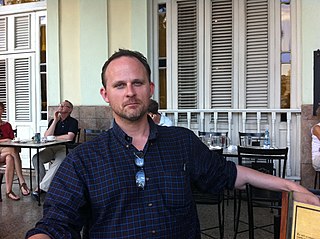A Quote by Laurie Halse Anderson
I don't reread my books after they're published, because it's agony.
Related Quotes
I was, without a sliver of a doubt, a no-good, lazy slacker of a child, and after I discovered literature, I was totally and utterly a no-good, lazy slacker of a child who read books. A lot of books, good and bad, but my favourite - the books I read and reread in my teens - were by Margaret Weis and Tracy Hickman.
There's probably more of a struggle to get material and narratives published that really speak to black culture. And that has a lot to do with the mergers and buyouts and the corporations being more in control of the purse strings. We find that the projects have to come with higher expectations rather than books that just should be published. That's disturbing because we might find fewer and fewer children's books by African Americans or with black cultural themes.
When I first learned about Abrams and saw the types of books they were making, I knew I wanted my books to be published by them. Abrams books are special-when you hold one in your hands, you have the feeling that this book needed to be made. I once heard an artist say that books are fetish objects-I think Abrams gets that, because their books demand to be treasured. So who better to give comics art its proper due? I feel privileged to have found a home with Abrams.






































